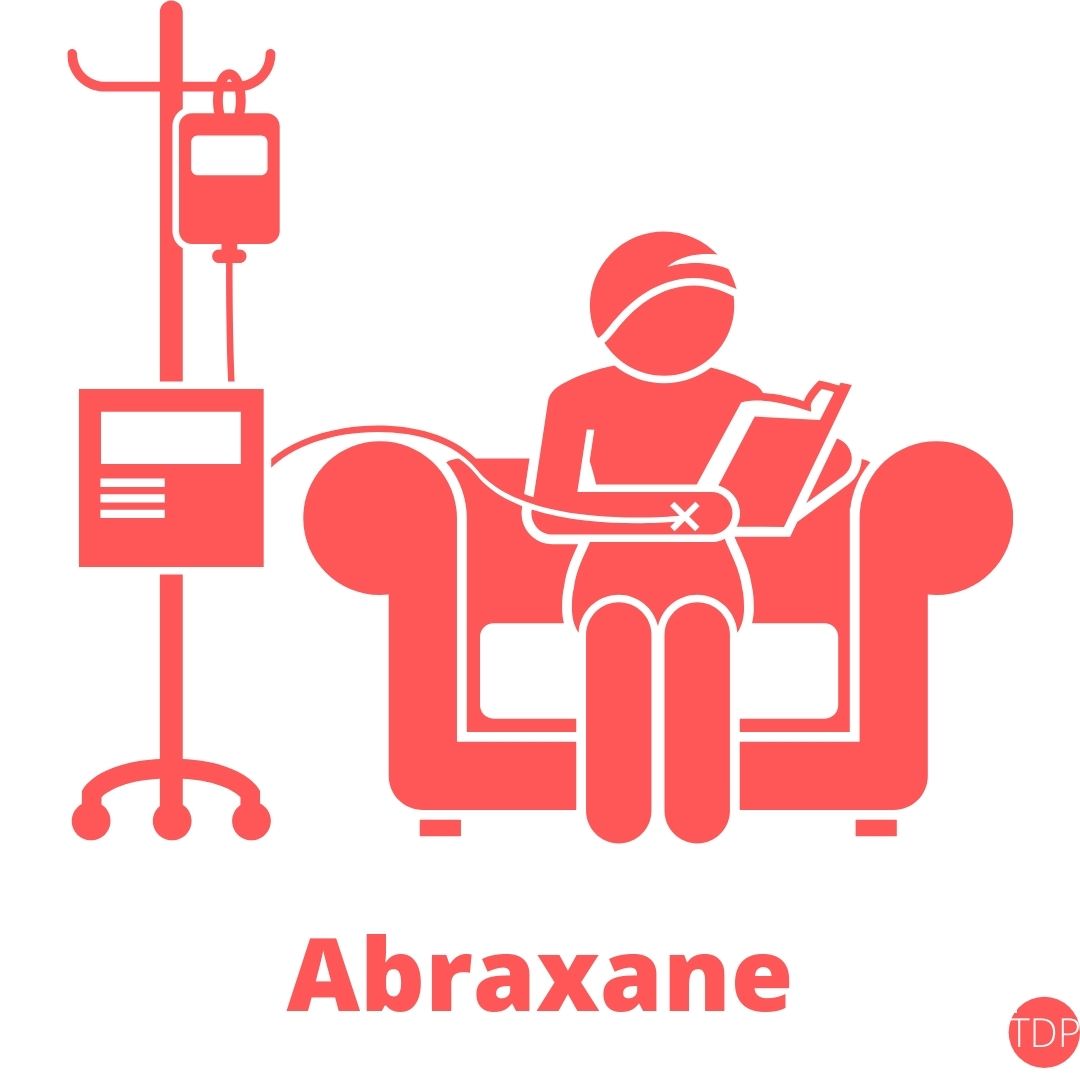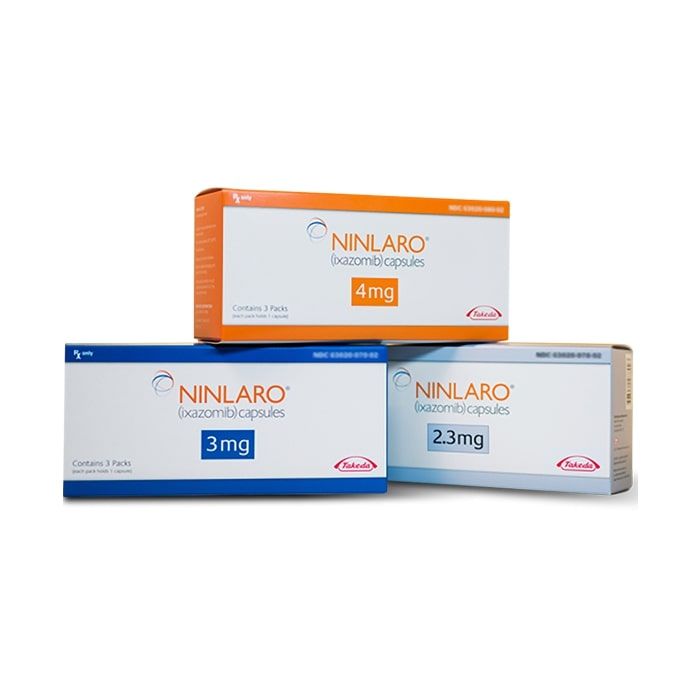Atezolizumab, a programmed death-ligand 1 (PD-L1) inhibitor, has shown promising results in clinical trials when combined with chemotherapy for the treatment of extensive-stage small cell lung cancer (ES-SCLC). However, a real-world evaluation of atezolizumab plus platinum-etoposide chemotherapy in patients with ES-SCLC in Canada raises important considerations regarding its use. This blog post aims to explore the reasons why caution should be exercised when using atezolizumab and chemotherapy in the real-world SCLC population, based on the findings of the study.
Introduction
Small cell lung cancer (SCLC) accounts for approximately 13% of lung cancers and is known for its aggressive nature and early development of metastases. Extensive-stage SCLC (ES-SCLC) presents a particularly challenging scenario, with only a small percentage of patients surviving beyond five years. The introduction of atezolizumab, an immune checkpoint inhibitor, in combination with platinum-etoposide chemotherapy has shown promise in clinical trials, leading to improved survival outcomes. However, the real-world application of this treatment regimen requires careful consideration due to various factors that may impact its effectiveness and safety in a diverse patient population.
Study Findings
A real-world evaluation of atezolizumab plus platinum-etoposide chemotherapy in patients with ES-SCLC in Canada revealed important insights into the treatment’s outcomes and associated challenges. The study focused on evaluating the effectiveness and safety of adding atezolizumab to ES-SCLC treatment in a real-world Canadian population. The findings indicated improved progression-free survival (PFS) and overall survival (OS) outcomes with atezolizumab plus chemotherapy compared to chemotherapy alone. However, higher rates of adverse events (AEs) resulting in treatment discontinuation were observed with atezolizumab use, raising concerns about its tolerability and long-term safety in real-world clinical practice.
Adverse Events and Treatment Discontinuation
One of the key considerations highlighted in the study is the higher incidence of adverse events leading to treatment discontinuation in patients receiving atezolizumab plus chemotherapy compared to those receiving chemotherapy alone. The study found that a significant proportion of adverse events resulted in the termination of atezolizumab treatment, indicating potential challenges in maintaining patients on this regimen. This aspect underscores the importance of carefully monitoring and managing adverse events in the real-world setting to ensure the safety and tolerability of the treatment.
Patient Heterogeneity and Clinical Practice Variations
Real-world clinical practice often involves a diverse patient population with varying demographic and clinical characteristics. The study emphasized the impact of patient heterogeneity and the incorporation of radiation into management strategies for ES-SCLC in real-world settings. Factors such as performance status, disease burden, and the presence of comorbidities can significantly influence the outcomes and tolerability of atezolizumab plus chemotherapy. Additionally, variations in clinical practice across different healthcare settings may contribute to differences in treatment outcomes and the management of adverse events.
Conclusion
In conclusion, the real-world evaluation of atezolizumab plus platinum-etoposide chemotherapy in patients with ES-SCLC in Canada provides valuable insights into the challenges and considerations associated with this treatment approach. While the study confirmed improved survival outcomes with atezolizumab plus chemotherapy, it also highlighted higher rates of adverse events leading to treatment discontinuation. These findings underscore the need for cautious and individualized decision-making when considering the use of atezolizumab and chemotherapy in the real-world SCLC population. Further research and larger prospective studies are warranted to better understand the long-term effectiveness and safety of this treatment regimen in diverse patient populations.
In summary, the real-world evaluation of atezolizumab plus platinum-etoposide chemotherapy in patients with ES-SCLC in Canada sheds light on the complexities and challenges associated with the use of this treatment approach. While the study revealed improved survival outcomes, the higher rates of adverse events leading to treatment discontinuation emphasize the need for careful consideration and individualized patient management. By acknowledging these findings, healthcare professionals can make informed decisions and optimize the use of atezolizumab and chemotherapy in the real-world SCLC population.
References:
- A Real-World Evaluation of Atezolizumab Plus Platinum-Etoposide Chemotherapy in Patients With Extensive-Stage SCLC in Canada
- Long-term effectiveness and treatment sequences in patients with extensive stage small cell lung cancer receiving atezolizumab plus chemotherapy: Results of the IFCT-1905 CLINATEZO real-world study









